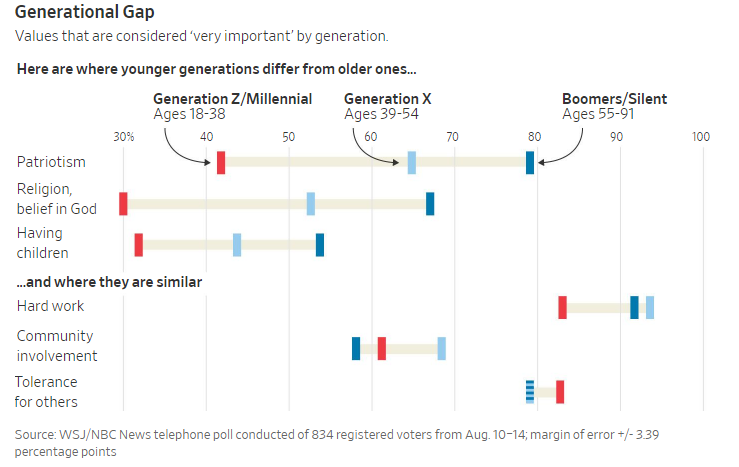EY's Training Program Considered Sexist
/Ernst & Young delivered a training program for female executives about a year ago, and it’s coming back to bite them. Critics say the program was sexist and cite the following as an example:
In the session in question, attendees were told be “polished,” have a “good haircut, manicured nails, well-cut attire that complements your body type,” it states on Page 36 of the 55-page handout. But that’s followed by a warning: “Don’t flaunt your body―sexuality scrambles the mind (for men and women).”
The criticism became public because a former partner is suing the firm for harassment.
In response, EY said, “Any isolated aspects are taken wholly out of context,” and that the program received positive evaluations. They did, however, say the program “is no longer offered in its current form.” The company also issued this statement:
“We are proud of our long-standing commitment to women and deeply committed to creating and fostering an environment of inclusivity and belonging at EY, anything that suggests the contrary is 100% false.”
Discussion:
Read the former partner’s letter to EY. What are her strongest and weakest arguments? What is your overall reaction to the letter?
What’s your view of the company’s response?
What leadership character dimensions are illustrated by this situation?










